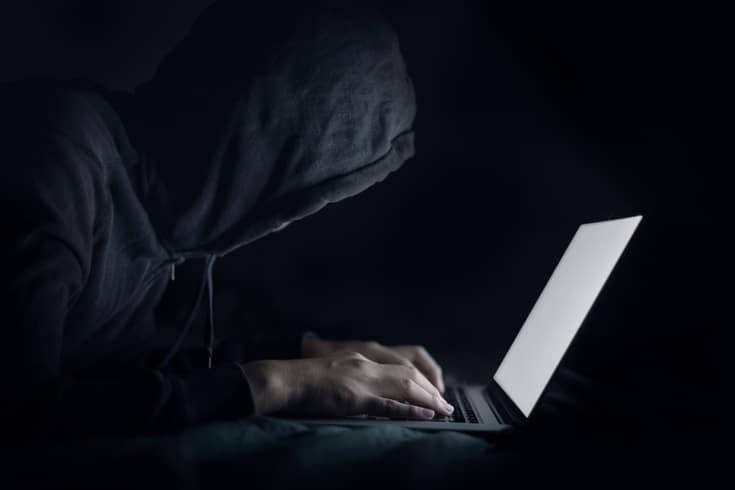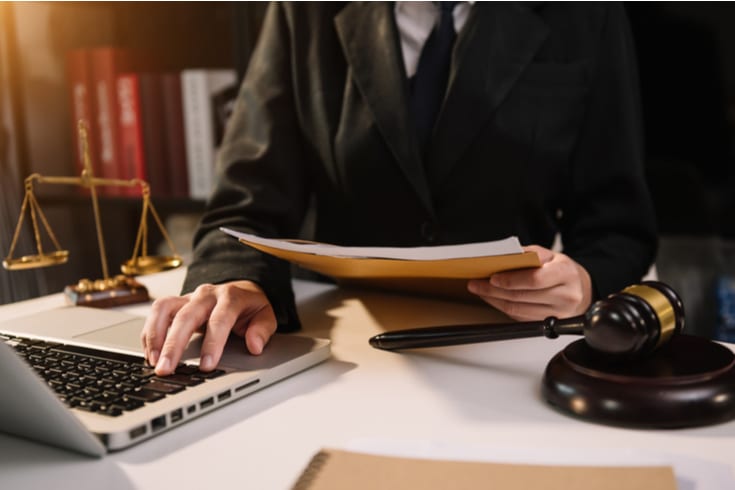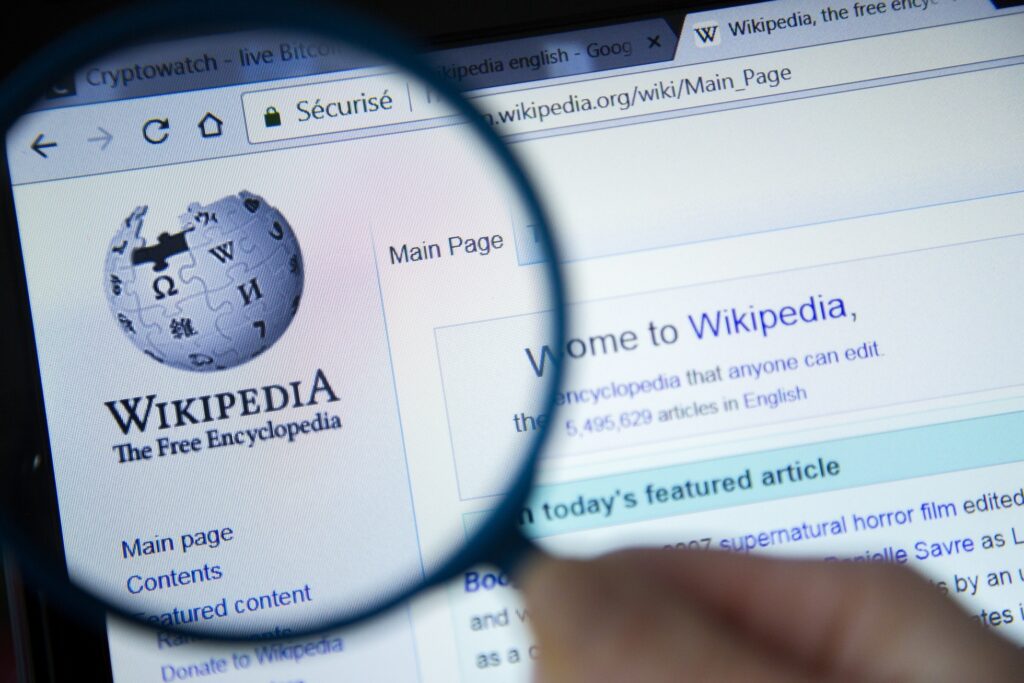When Will the Perpetrator Be Notified of the Removal of Defamatory Content and IP Disclosure Requests?

Many people may be concerned about whether the perpetrator who posted damaging rumors on platforms such as 2channel, 5channel, and blogs on Ameba, would be aware of efforts to delete these posts or identify the poster.
On a positive note, if the perpetrator realizes that serious measures are being taken through a lawyer to delete the posts or identify them, they may stop posting damaging rumors.
On the negative side, if the perpetrator feels cornered by these proceedings, they may escalate their actions.
Ultimately, this depends on the perpetrator’s personality. However, in order to consider these issues, it is essential to understand whether the perpetrator is aware of the efforts to delete the posts or identify them. Without this understanding, we lack a basic premise for discussion.
Process for Deletion and Identification of Posters
How does the process for deleting and identifying the authors of defamatory comments on the internet proceed? In many cases, the process takes the following form:
- Request for deletion through out-of-court negotiations using a “Transmission Prevention Measure Request”
- Request for IP address disclosure through provisional disposition, and if 1 fails, request for deletion at the same time
- Once the IP address is disclosed, request for log preservation from the provider through out-of-court negotiations
- File a lawsuit against the provider and request for disclosure of name and address
In other words, deletion is achieved in step 1 or 2, and the final identification of the perpetrator is realized in step 4. The process for identifying the poster is particularly complex, and we provide a detailed explanation of this in the following article.
https://monolith.law/reputation/disclosure-of-the-senders-information[ja]
Stages of Requesting Transmission Prevention Measures
When a victim of slanderous posts requests “transmission prevention measures”, such as asking the administrators of forums like 2channel or 5channel to delete the posts, the administrators first consider within their organization whether the post is illegal. This judgment can be very challenging. For instance, in the case of defamation, it is necessary to consider whether the content of the post is true to determine its legality. However, since the administrators are not the ones who wrote the post, they usually do not have the evidence needed to determine its truthfulness.
Therefore, the administrators typically contact the person who wrote the post (for example, the site administrator if it’s a rental server) and ask the following question as a rule.
【We received a request to delete the post you wrote. Please let us know your opinion within 7 days.】
Based on the response from the person who wrote the post, the administrators decide whether to delete the post.
What is the Provider Liability Limitation Act (Japanese Provider Liability Limitation Act)?
The “7 days” is based on legal grounds, specifically the so-called “Provider Liability Limitation Act” (Japanese Provider Liability Limitation Act). The term “provider” here refers to entities that mediate data communication on the Internet, which includes not only Internet Service Providers (ISPs) like Nifty or So-net, but also forum and server administrators. In a slightly inaccurate way, it can be defined as “those who are not the authors of the post but are involved in its publication”. The Provider Liability Limitation Act is a law that limits the liability of such “providers”.
When a deletion request is made, “providers” (including forum and server administrators) are put in a “delicate” position. If they do not delete the post, they may be sued by the victim and have to pay damages. However, if they decide to delete the post considering this risk, they may be sued by the author of the post, who may argue, “I wrote a legal post with clear evidence, why did you delete it?” In this sense, forum and server administrators can be caught in a bind.
Therefore, the Provider Liability Limitation Act instructs as follows.
【If you are a provider and receive a deletion request, please inform the author of the post about the request. If there is no response from the author within 7 days, you can delete the post at your discretion without having to compensate the author for damages.】
The Provider Liability Limitation Act limits the liability of providers who are put in a “delicate” position.
Therefore, in principle, when a deletion request is made, it is communicated to the person who wrote the post.
Opinion Inquiry is Impossible on Anonymous Forums
However, there are various exceptions to this principle.
Firstly, 2channel and 5channel are anonymous forums. This means that Internet users can post without revealing their identity, and from the perspective of the forum administrators, even if they are told to delete a post and want to contact the author, they do not know who wrote the post in the first place. If they don’t know who it is, they can’t contact them.
Secondly, it is not uncommon for the contact information known to the forum or server administrators to be outdated and unreachable. For example, many free blog services allow registration with just an email address. In the case of a blog that was registered five years ago, operated for about a year, and then left untouched, there is a high possibility that the user registered with a free email address that they used temporarily and did not update their email address after they stopped using it. In such cases, the operator of the blog service does not know the user’s contact information other than the old email address that is no longer in use, so it is essentially unreachable.
This “exception” is more of an IT issue than a legal one. It is necessary to examine the structure of the website in question and predict the actions of the presumed perpetrator to determine whether the message is likely to reach the perpetrator.
Provisional Disposition Stage
Not only when seeking the disclosure of IP addresses for the purpose of requesting the disclosure of sender information, but also when you have not received a response to a transmission prevention measure request, you will need to take provisional measures to demand its removal.
https://monolith.law/reputation/provisional-disposition[ja]
The problem situation at this stage is almost the same as the stage of requesting transmission prevention measures.
Administrators of bulletin boards such as 2channel and 5channel, and server administrators, may conduct opinion inquiries to the poster in order to find evidence to win the provisional disposition, that is, “the article is not illegal” or “the content of the article is true”. This is not based on legal grounds, but is a practice often carried out in practice as part of the evidence collection procedure.
However, in the end, if there is no contact, the opinion inquiry will fail, and nothing will be conveyed to the offender.
Also, this opinion inquiry is an act that bulletin board administrators and server administrators, etc. perform at their discretion. There are also bulletin board administrators and server administrators who do not actively participate in the provisional disposition procedure and do not dispute, and those who do dispute but do not conduct opinion inquiries. When dealing with a large number of reputation damage measures, you will accumulate a certain amount of “know-how”, such as “In the case of this site, an opinion inquiry is almost certainly conducted” or “In the case of this site, it is hardly conducted”.
Stages of Log Preservation for Providers
Providers, such as Docomo, Softbank, Nifty, and So-net, have a clear understanding of who the perpetrator of a post is and almost certainly have their contact information. This is because they hold information such as the addresses, phone numbers, and email addresses of their members.
Therefore, if a provider conducts an inquiry, it is certain that the perpetrator will be informed that actions are being taken towards deletion or identification of the poster.
While the response varies by provider, providers generally take the stance that “if the user who made the post agrees to disclose, they should simply disclose.” Therefore, it can be said that there are many cases where inquiries are made.
Stages of Litigation Against Providers
At this stage, the situation is similar to the log preservation stage. If the provider conducts an inquiry, it will almost certainly reach the offender. However, in practical terms, it seems that there are not many providers who adopt the flow of “not conducting an inquiry at the log preservation stage, but conducting an inquiry when it comes to litigation”.
Summary
As discussed above, the question of “when will the perpetrator be notified of the removal of defamatory content or the identification of the poster” does not always have a clear answer. It is necessary to make judgments based on various factors such as the mechanisms of the law, IT limitations, and a thorough examination of the circumstances in the case at hand, and to decide on actions based on these premises.
We recommend consulting with a specialist lawyer who has expertise in these matters at an early stage.
Category: Internet





















